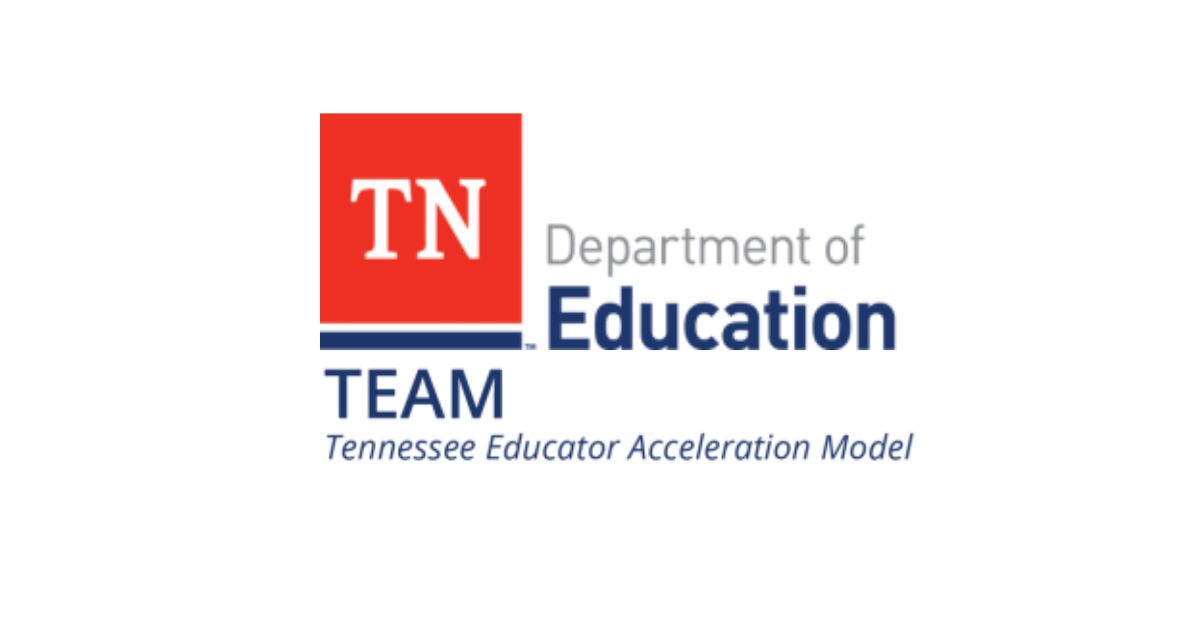By JC Bowman, Contributing Education Editor
Tennessee’s teacher evaluation system, primarily the Tennessee Educator Acceleration Model (TEAM), represented initial progress in evaluation reform. The state has shifted its approach in teacher evaluation to a structured, data-driven system focused on enhancing teacher performance and student outcomes. This was influenced by federal initiatives, such as the Race to the Top and the Every Student Succeeds Act, which demanded greater accountability.
The Tennessee Value-Added Assessment System (TVAAS) was created in the 1980s by William “Bill” Sanders to measure teachers’ impact on student growth, supporting Governor Lamar Alexander‘s goal of linking teacher pay to performance. The Education Improvement Act of 1992 emphasized the need for monitoring academic progress; however, evaluations primarily relied on principal observations, which were highly subjective.
The Framework for Evaluation and Professional Growth (FEPG) was introduced in the early 2000s to create structured assessments. However, the 2011 First to the Top Act reforms marked a significant shift by incorporating student outcomes into evaluations, changing how teaching effectiveness was measured.
The TEAM model has provided a data-driven approach to enhance understanding of teacher effectiveness and accountability. Its balanced evaluation system comprises 50% observations, 35% student growth through TVAAS, and 15% student achievement. Research shows that these efforts have improved student performance and increased teacher retention in some districts.
Collaboration and partnerships are essential in the evaluation process. Initiatives aimed at bridging the gap between high- and low-performing teachers show that mentorship and knowledge sharing improve teaching practices. Furthermore, continuous professional development fosters a culture of growth, helping educators enhance their skills.
The TEAM model has notable benefits but also significant criticism, primarily due to its reliance on TVAAS, which uses standardized test scores to evaluate teacher effectiveness. This can unfairly impact teachers in non-tested subjects, as they feel judged based on overall school performance rather than their own contributions. Critics claim this system may penalize teachers for factors beyond their control, such as students’ socioeconomic challenges.
Concerns have been raised about inconsistencies in evaluator training and the application of the evaluation rubric. Variations in the evaluation process can undermine trust in the system, leading some educators to feel unfairly judged without a clear understanding of their classroom situations.
The evaluation process is time-consuming and can distract teachers and administrators from instruction. Many teachers find the feedback they receive unhelpful and not focused on professional growth, making evaluations feel more like punishments than constructive tools for improvement.
To enhance the TEAM model’s effectiveness, we can refine value-added measures for fair evaluations, especially for non-tested subjects. Additionally, improving and standardizing evaluator training will increase consistency and reduce subjectivity.
Streamlining the evaluation process would allow educators to focus more on instruction rather than preparation. Enhancing feedback and linking evaluations to relevant professional development would further support teachers’ growth. Professional Educators of Tennessee and other organizations work to develop quality professional development for educators.
Improving transparency and incorporating educator feedback in the evaluation process can build trust and better meet the needs of teachers and students. Despite advancements in accountability, Tennessee’s teacher evaluation system still faces challenges regarding fairness, consistency, and feedback.
Targeted reforms to improve teacher evaluation can establish a fairer evaluation system that aids educators and benefits students. Lessons learned in Tennessee can provide insights for evaluation reforms in other states.
JC Bowman is the executive director of Professional Educators of Tennessee.















